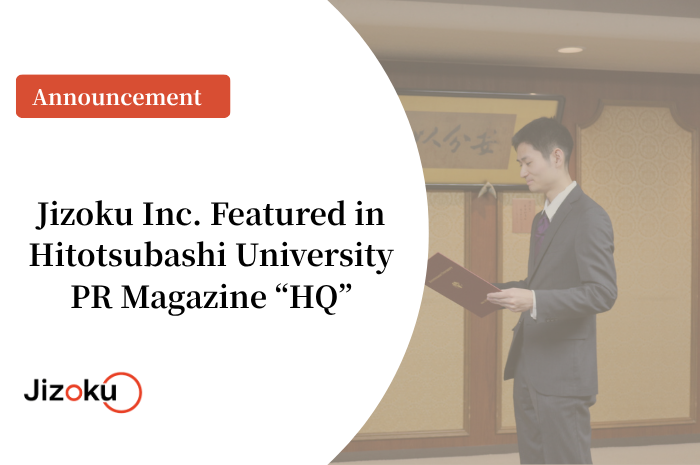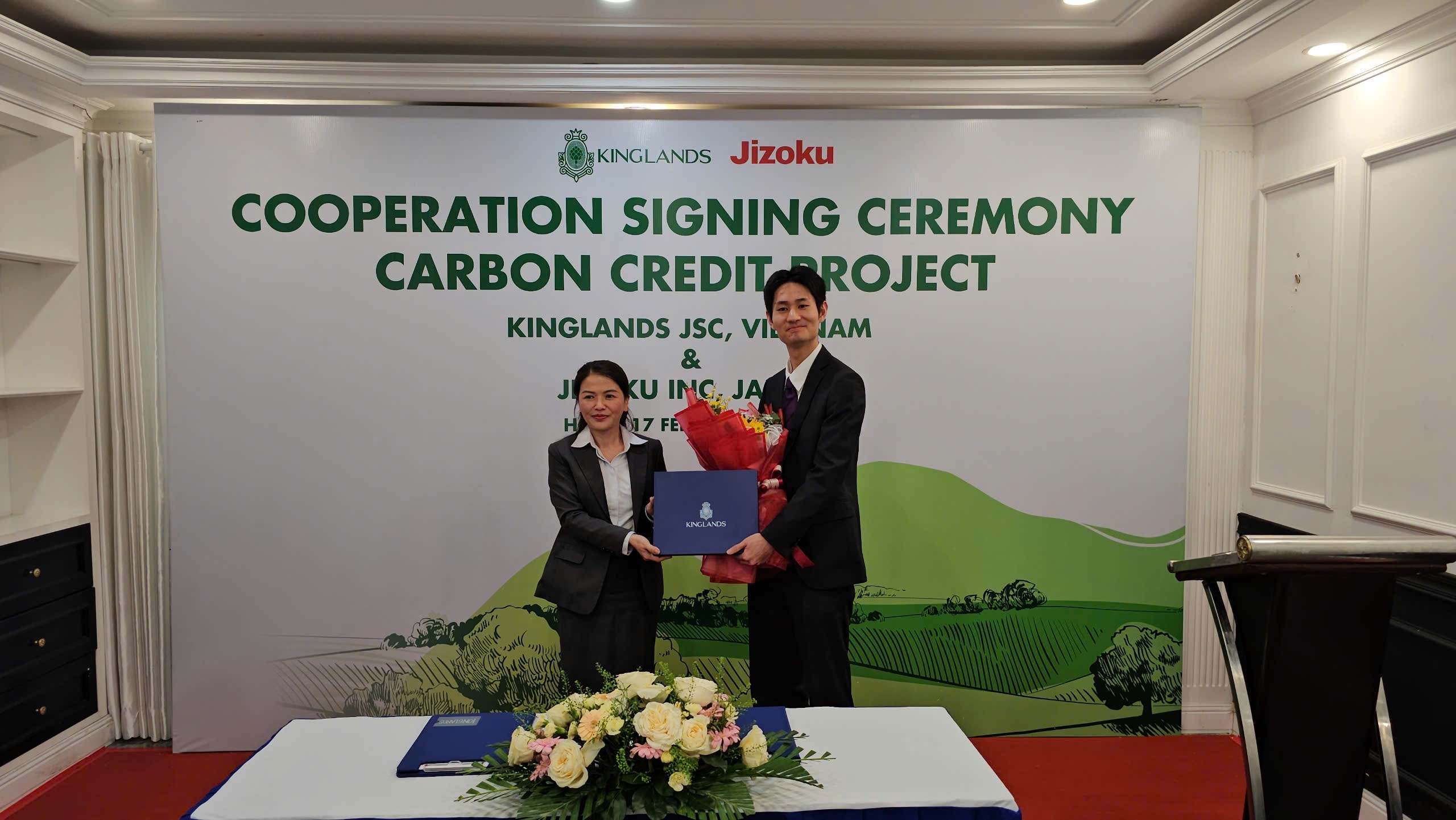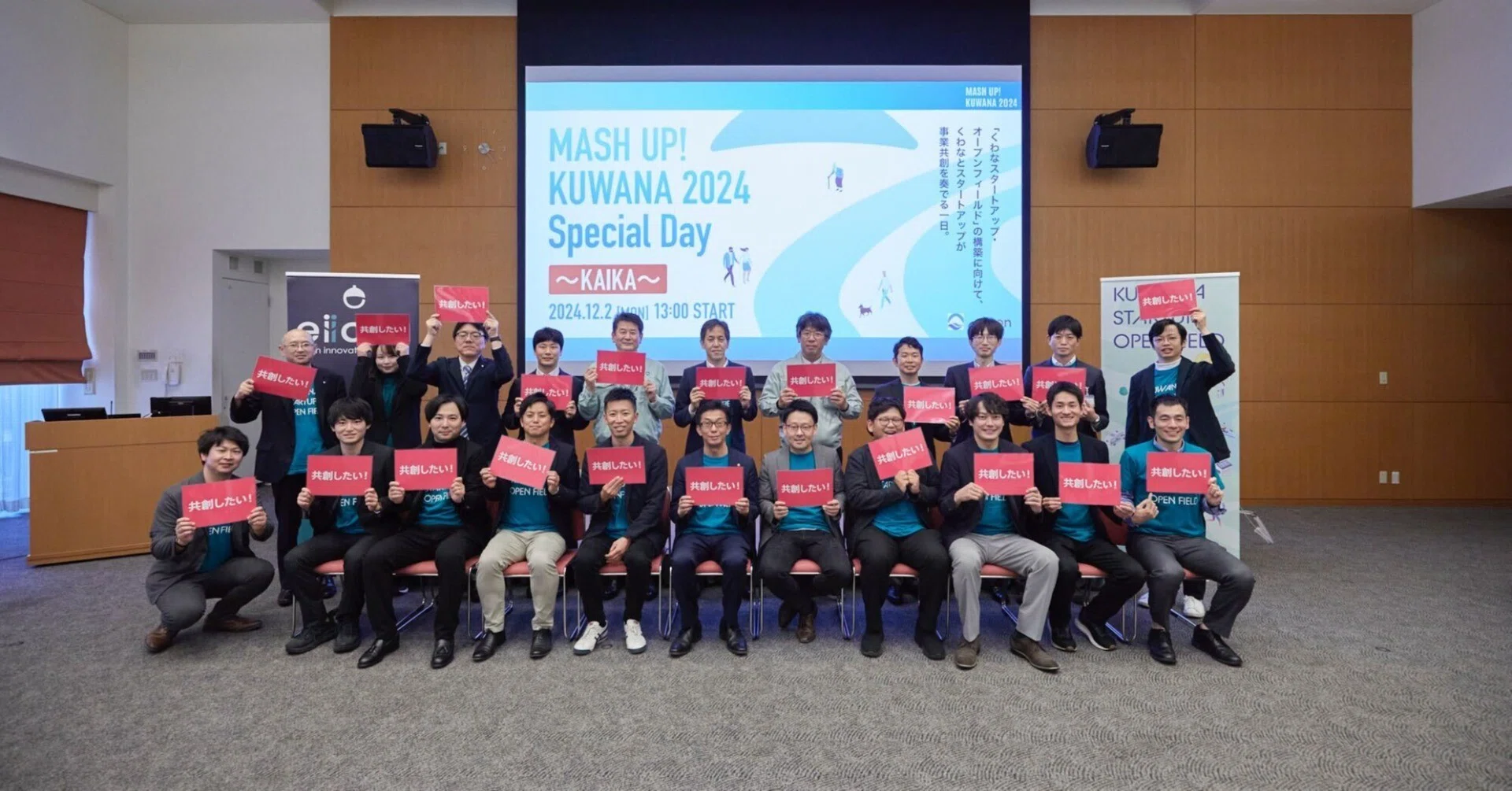September 22, 2024
Company
Jizoku Inc. Completes First Phase of Paddy Field Monitoring Demonstration Test Using Satellite Data Analysis Technology
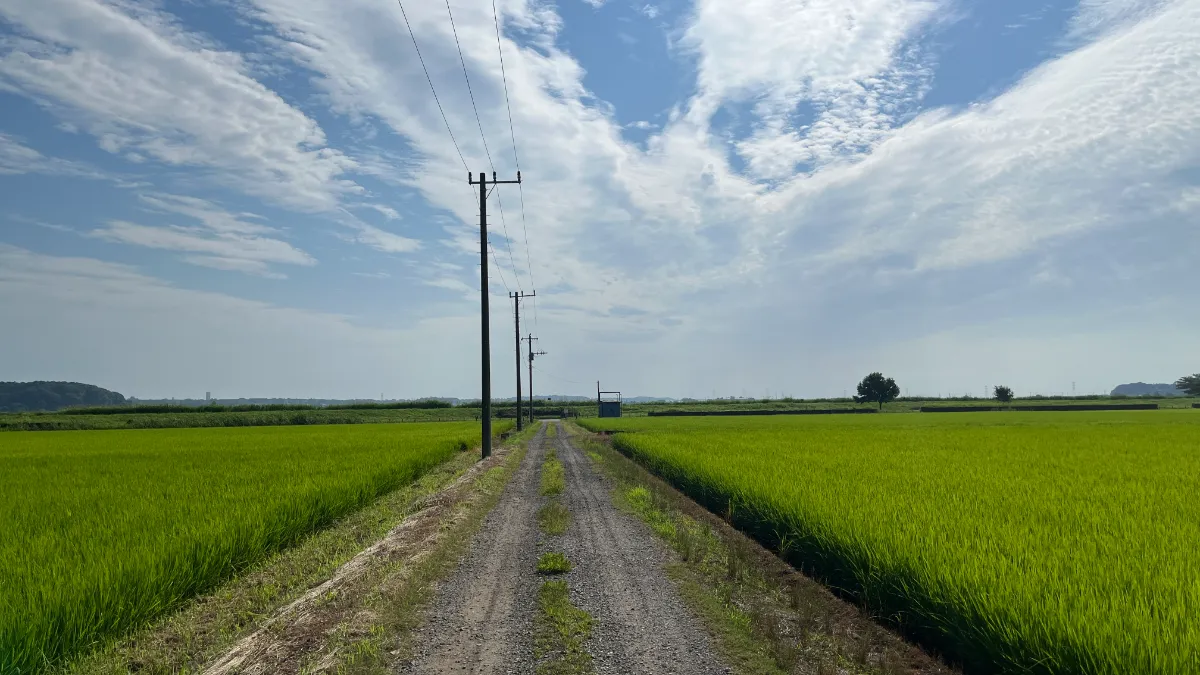
Jizoku Inc. (Head Office: Kunitachi City, Tokyo; CEO: Keiichiro Kataoka; hereinafter “Jizoku”), which supports carbon credit generation in the agricultural sector, is actively working to enhance credit quality. As part of this effort, Jizoku recently conducted a demonstration test utilizing satellite data for rice paddy monitoring, in collaboration with Archeda Inc. (Head Office: Chiyoda City, Tokyo; CEO: Hiromasa Tsumura; hereinafter “Archeda”).
Background of the Demonstration Experiment:
Since its establishment, Jizoku Inc. has collaborated with the General Incorporated Association Co. to generate carbon credits through the extension of the mid-season drainage period in paddy fields, leveraging the J-Credit Scheme.
Mid-season drainage, typically carried out in June and July during rice cultivation, involves draining water from paddy fields to dry the soil surface, promoting root development. Extending this drainage period by seven days compared to the average of the past two years suppresses the generation of methane gas, which is produced through reactions with water, and the reduced emissions can be generated as carbon credits.
In promoting this initiative, two key challenges in the creation of J-Credits have become apparent:
1. Low Reliability of Monitoring Methods:
2. Heavy Burden on Farmers:
These are explained in detail below:
1. Low Reliability of Monitoring Methods:
Amidst growing concerns about greenwashing, increasing attention is being paid to the quality of carbon credits. For instance, in the past, forest-derived carbon credits were found to have minimal actual carbon reduction effects, leading to criticism of the originating and purchasing companies.
A crucial point when discussing quality is how to verify that the underlying emission reduction efforts are properly implemented.
Jizoku Inc. is working to reduce greenhouse gas emissions based on the J-Credit Scheme’s methodology “Extension of mid-season drainage period in paddy rice cultivation” (AG-005). This methodology requires photographic or water management system data to prove the implementation of mid-season drainage.
As few farmers have adopted water management systems, confirmation is typically done through photographs. The methodology requires the submission of the following:
- Photographs of the closed water inlet and open drainage outlet on the start date of mid-season drainage.
- Photographs of the open water inlet or closed drainage outlet on the end date of mid-season drainage. However, if the end date of mid-season drainage is determined by heading, a photograph of the heading status is required.
(Reference: Photograph of a water inlet)
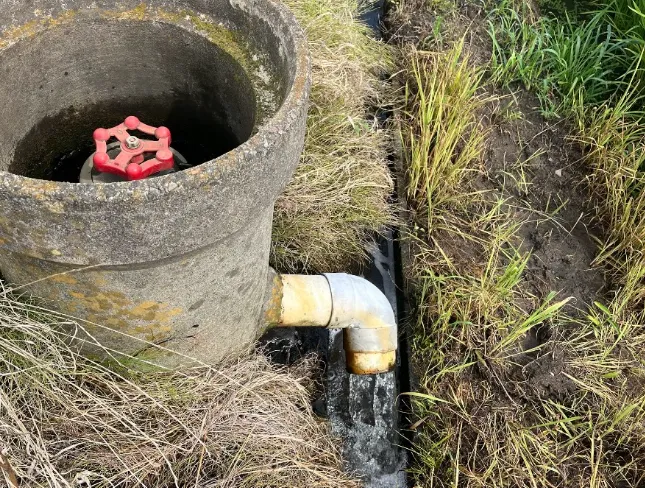
While these requirements are presumably considered from both the perspective of farmers’ burden and reliability, the following concerns may still remain:
Possibility of Improper Mid-Season Drainage:
- Possibility of water being introduced during the extended drainage period, preventing the soil surface from drying.
- Possibility of the reported start and end dates of mid-season drainage not reflecting the actual dates.
Possibility of Evidence Falsification:
- Possibility of the date or location information of photographs being manipulated.
- Possibility of photographs from paddy fields not subject to credit generation being submitted.
These risks may lead to the underestimation or overestimation of methane gas reduction effects and the creation of inaccurate carbon credits.
2. Heavy Burden on Farmers:
Jizoku Inc. relies on farmers implementing the practices to provide evidence data such as the photographs mentioned in the previous section.
Taking photographs of the water inlet before and after opening or closing at each paddy field amidst busy daily farm work can increase the burden on farmers to varying degrees.
Furthermore, attempting to enhance the reliability of carbon credits solely through photographic evidence would necessitate increasing the number of photographs taken per instance or the frequency of photography, which would inevitably lead to an increased burden on farmers, making it a difficult approach.
About the Current Demonstration Experiment:
Purpose:
By implementing paddy field monitoring using satellite data, the aim is to comprehensively understand the implementation status of extended mid-season drainage, leading to the creation of high-quality carbon credits and reducing the workload for farmers.
Method:
The following surveys were conducted from late June to July, during the extended mid-season drainage period, across 130 hectares of paddy fields in Kashiwa City, Chiba Prefecture:
- Satellite observation
- On-site field surveys (photography)
Based on the data obtained from these surveys, satellite data analysis was performed and compared with the on-site survey (photographs) to verify the feasibility of comprehensively understanding the implementation status of extended mid-season drainage.
Results:
A comparison between the on-site survey (photographs) and the satellite data analysis results is explained using an example:
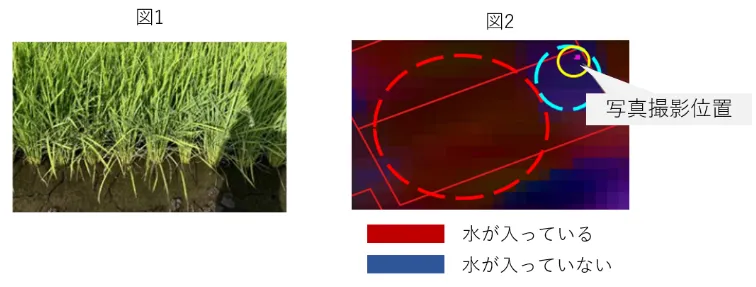
[Example 1]
Figure 1, showing the results of an on-site survey conducted immediately after the end of mid-season drainage, indicates that the soil surface appears dry in the photograph.
Figure 2 shows the satellite analysis results for the same paddy field as in Figure 1. This analysis confirms that while the soil surface at the photographed location is indeed dry, a large portion of the paddy field contains water.
This suggests that using satellite data analysis results allows for a comprehensive understanding of the mid-season drainage status. It also highlights that it can be difficult to judge the mid-season drainage status based solely on photographs of a portion of the paddy field.
Future Challenges:
- The height and angle of photographs taken during on-site surveys were not standardized, resulting in some unusable photographs. The on-site survey methods need to be updated.
- Slight positional discrepancies exist in the satellite data, potentially leading to the mixing of information from adjacent fields. Improvements are needed in this area.
Future Outlook:
Based on the results of this demonstration experiment, Jizoku Inc. will work on improving the efficiency of on-site surveys using drones and establishing and refining the accuracy of a determination model for the presence or absence of mid-season drainage using machine learning. The company remains committed to creating highly reliable carbon credits.
Jizoku Inc. and Archeda Inc. will combine their technological capabilities and knowledge to continue contributing to the development of a sustainable society.
- About Jizoku Inc.:
Company Name: Jizoku Inc.
Establishment: June 2024
Representative: Keiichiro Kataoka, Representative Director
Location: 1-20-12 YMCA Hitotsubashi Dormitory, Kunitachi, Tokyo
Business Activities: Carbon credit creation support business in primary industries
Website: https://jizoku-inc.com
- About Archeda Inc.:
Company Name: Archeda Inc. (Arukeda)
Establishment: September 2022
Representative: Hiromasa Tsumura, Representative Director
Location: 36F, Kasumigaseki Building, 3-2-5 Kasumigaseki, Chiyoda-ku, Tokyo
Business Activities: Analysis of natural environment using satellite data, monitoring, and analysis of carbon credits
Website: https://archeda.inc

